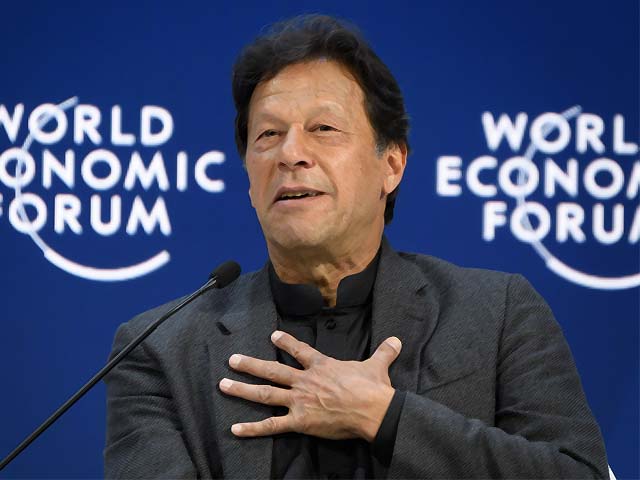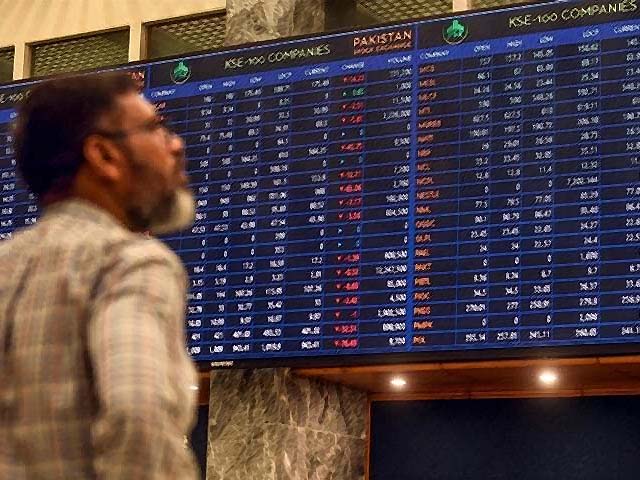
Petrol station workers wearing face masks wait for customers. PHOTO: AFP
How will falling oil prices impact Pakistan?
There will be an increased downward pressure on Pakistan’s exports and reduced expenditure on oil imports
The command that oil holds over the global economy was evident in 1973, when oil producing Arab nations restricted oil sales during the Yom Kippur war, thus resulting in oil prices quadrupling. Thus, the recent oil market crash leading to a 70% decline in oil prices from $70 per barrel to $20 per barrel is a cause for concern for a few while others, like Pakistan, breathe a sigh of relief. But in order to understand the ramifications of falling oil prices it is imperative that one grasps exactly how the oil market has been functioning for the past few years.
America has long wanted to reduce its oil dependency on its Arab allies. Therefore, the United States (US) government gave grants and subsidies to advance its technological gains by encouraging the automotive industry to reduce oil demand through the advent of hybrid and electric vehicles, and by investing in renewable energy resources. America also extracted gas and oil from shale rocks by using high pressure water in a practice known as hydraulic fracturing. As a result, the demand for oil stagnated and America soon became the largest producer of oil at 13 million barrels per day compared to Saudi Arabia Russia’s 12 million barrels per day.
From 2014-2016, the Organisation of the Petroleum Exporting Countries (OPEC) and Russia cut their production to bring stability back to the markets. However, American producers had gotten more efficient and now produced oil at lower costs. Since the producers had not anticipated the drastic fall in oil demand due to Covid-19, storage capacity filled up very quickly and buyers had to pay the producers in order to not take anymore deliveries. An apt analogy here would be that of a restaurant owner who has pre-ordered tonnes of meat but the customers have disappeared. Thus, the owner would pay the supplier to store the meat since the restaurant can no longer keep such a large quantity of meat orders which are not being used.
As a result, the oil producing nations are currently burning their currency reserves. This will impact their domestic politics and will effect the plethora of Pakistani labourers currently working in GCC countries and sending remittances back to Pakistan. America’s energy industry is also facing massive unemployment since most of the energy producers are incurring losses at the current oil prices. Russia, however, is relatively shielded because of its flexible currency and a lower budget break-even rate. Global oil demand will not recover unless the global lockdowns are lifted by June or July. The long term fair value of oil prices is now somewhere between $35-$40 per barrel. Hence, energy importing nations like South Korea, Turkey, India, Pakistan, Philippines and Bangladesh could reap the benefits of falling oil prices.
The fall in oil prices could lead to a reduction in electricity prices (if capacity payments are excluded), an increase in business profit margins, a lower inflation outlook, falling interest rates, cheaper air-fare and stagnant, if not falling, prices of food and other basic commodities. The government of Pakistan could benefit from lower imports, a stable Pak Rupee, higher foreign exchange reserves, lower financial costs, higher economic growth, better employment opportunities and, eventually, an improvement in Pakistan’s geo-political standing. However, declining tax revenues should be off-set by a higher tax percentage on petroleum products as long as it is used for productivity enhancing human capital developments in the education and healthcare sector.
However, as stated earlier, there will be a decline in foreign remittances coming in from the Middle East, which is a blow to Pakistan. There will also be an increased downward pressure on Pakistan’s exports (due to the anemic economic growth worldwide), and reduced expenditures on oil imports (which will have a beneficial impact on Pakistan’s current account). As a result, the reduced inflation will also benefit the purchasing power of consumers, but not by much. The government should have a bottom range in mind after which the relief might not be entirely passed on.
Petrol prices in India, China and Turkey are much higher than they are in Pakistan. This is significant since previously China and other countries kept $40 per barrel as the threshold amount, hence, oil prices should revert back to $35-$45 per barrel once the global lockdown’s intensity reduces. But the current situation could prove to be beneficial for Pakistan since despite the temporary fall in exports and remittances, the declining oil prices can help ensure that Pakistan’s trade deficit remains at a manageable level.




COMMENTS
Comments are moderated and generally will be posted if they are on-topic and not abusive.
For more information, please see our Comments FAQ